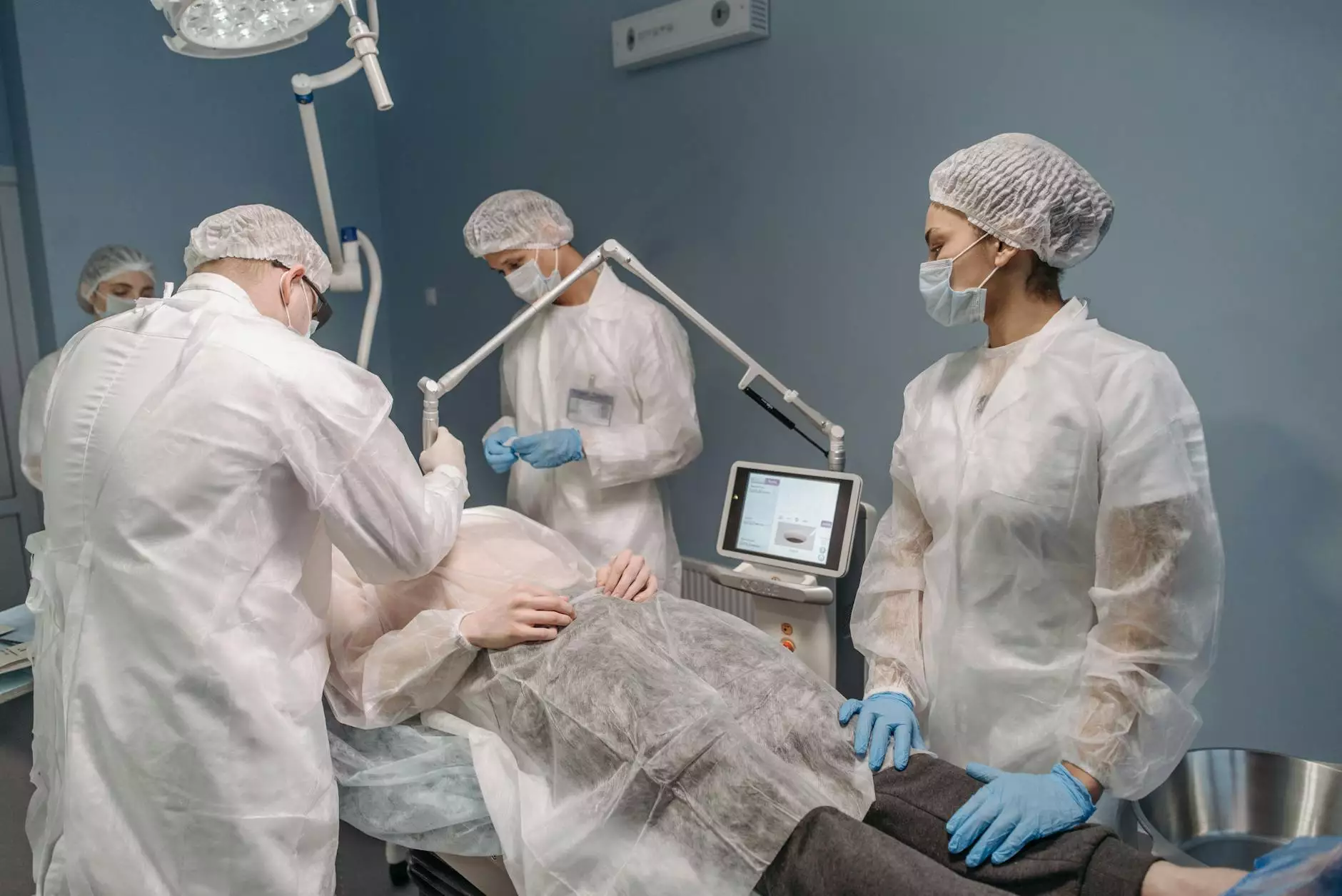Unlocking Your Future: The Best Medical Coding Training

In today's world, the demand for skilled professionals in the healthcare sector is skyrocketing. One of the vital roles within this industry is that of a medical coder. Medical coding involves translating healthcare services into standardized codes for billing and insurance purposes. To excel in this field, obtaining the best medical coding training is crucial. This article will guide you through everything you need to know about medical coding training, including courses, certifications, and valuable insights that can significantly enhance your career prospects.
Understanding the Role of a Medical Coder
A medical coder is an essential part of the healthcare system. They bridge the gap between healthcare providers and insurers by ensuring that services rendered are accurately coded and billed. Here are some of the primary responsibilities of a medical coder:
- Translating Medical Reports: Medical coders take physicians’ notes and other documentation and convert them into standardized codes.
- Ensuring Accuracy: Accuracy is paramount. Coders must ensure that every aspect of a patient's treatment is captured and billed correctly.
- Staying Updated: The coding landscape changes regularly, and coders must stay informed about the latest codes, regulations, and compliance guidelines.
- Collaboration: Coders work closely with healthcare providers to ensure proper communication regarding billing and coding methodologies.
Why You Should Pursue Medical Coding Training
The healthcare industry is one of the fastest-growing sectors, and becoming a medical coder can be a lucrative and fulfilling career choice. Here are some reasons why pursuing the best medical coding training is beneficial:
1. High Demand for Medical Coders
The U.S. Bureau of Labor Statistics projects that employment for medical records and health information technicians, which includes medical coders, will grow by 8% from 2021 to 2031. This growth translates into plenty of job opportunities for trained professionals.
2. Competitive Salary
According to the latest data, medical coders earn an average annual salary ranging from $42,000 to $65,000, depending on experience and location. Specialized coders can earn even more.
3. Flexibility and Work Environment
Many medical coding positions offer flexible hours, with opportunities for remote work. This flexibility allows coders to enjoy a balanced work-life relationship while managing their careers effectively.
Choosing the Right Medical Coding Training Program
With numerous options available, selecting the right training program is crucial for your success. Here are several key considerations to keep in mind when searching for the best medical coding training:
1. Accreditation and Recognition
Ensure that the program you select is accredited by a recognized body, such as the American Academy of Professional Coders (AAPC) or the American Health Information Management Association (AHIMA). Accreditation indicates that the program meets high educational standards and is recognized by employers in the field.
2. Course Content and Curriculum
Evaluate the curriculum of the training program. Look for courses that cover:
- Introduction to Medical Coding
- ICD-10-CM and CPT Coding Guidelines
- Healthcare Reimbursement Methods
- Medical Terminology and Anatomy
- Compliance and Legal Issues in Healthcare Coding
3. Experienced Instructors
The level of instruction can make a significant difference in your learning experience. Check the qualifications of the instructors. Instructors with real-world coding experience and credentials can provide valuable insights and mentorship.
4. Hands-On Training Opportunities
Look for programs that offer practical experience or internships as part of their training. Hands-on training helps reinforce theoretical knowledge and prepares you for real-world scenarios.
5. Support Services
Good training programs often offer additional resources, such as career counseling, interview preparation, and resume writing workshops. These services can significantly enhance your job-searching efforts after training.
Certification: A Key to Success
Completing your training is a significant milestone, but obtaining certification is equally critical. Certification not only validates your skills and knowledge but also enhances your employability. Here are the most sought-after certifications for medical coders:
- CPC (Certified Professional Coder): Offered by AAPC, this certification is one of the most recognized in the industry and demonstrates proficiency in outpatient coding.
- CCS (Certified Coding Specialist): Offered by AHIMA, CCS certification showcases expertise in coding for both inpatient and outpatient settings.
- CCS-P (Certified Coding Specialist - Physician-based): This certification is focused on coding in physician offices and outpatient environments.
The Benefits of Online Medical Coding Training
In recent years, online education has gained immense popularity due to its convenience and accessibility. Here are some benefits of pursuing online medical coding training:
- Flexible Schedules: Online courses allow you to learn at your own pace and fit your studies around your existing commitments.
- Broader Course Selection: Online programs often offer a wider variety of courses compared to local options.
- Cost-Effective: Many online programs are more affordable than traditional classroom settings, making education more accessible.
How to Prepare for a Successful Career After Training
Completing your best medical coding training is just the beginning. Preparing for a successful career requires proactive steps:
1. Build a Professional Network
Join professional organizations like the AAPC or AHIMA. Networking with fellow coders and professionals in the industry can open doors to job opportunities and provide ongoing education and resources.
2. Keep Learning
The medical coding landscape is constantly evolving. Consider pursuing continuing education units (CEUs) to maintain your certification and stay updated with the latest codes and legislation.
3. Tailor Your Resume and Cover Letter
When applying for jobs, tailor your resume and cover letter to highlight relevant skills and knowledge gained during your training. Mention specific coding courses and certifications to grab the attention of potential employers.
4. Prepare for Coding Exams
If you plan to become certified, familiarize yourself with the exam format and study past exam papers. Consider enrolling in exam prep courses offered by various providers to enhance your chances of success.
Conclusion: Empower Your Future with Medical Coding
Investing in the best medical coding training is one of the smartest decisions you can make for your professional future. With the healthcare industry growing rapidly, skilled medical coders are in high demand. By obtaining quality training, acquiring certifications, and continuously expanding your knowledge, you can secure a rewarding career that offers both stability and opportunity.
Remember, every journey begins with a single step. Start exploring your options, enroll in a reputable training program, and step confidently into the thriving world of medical coding. Your future in healthcare awaits!









